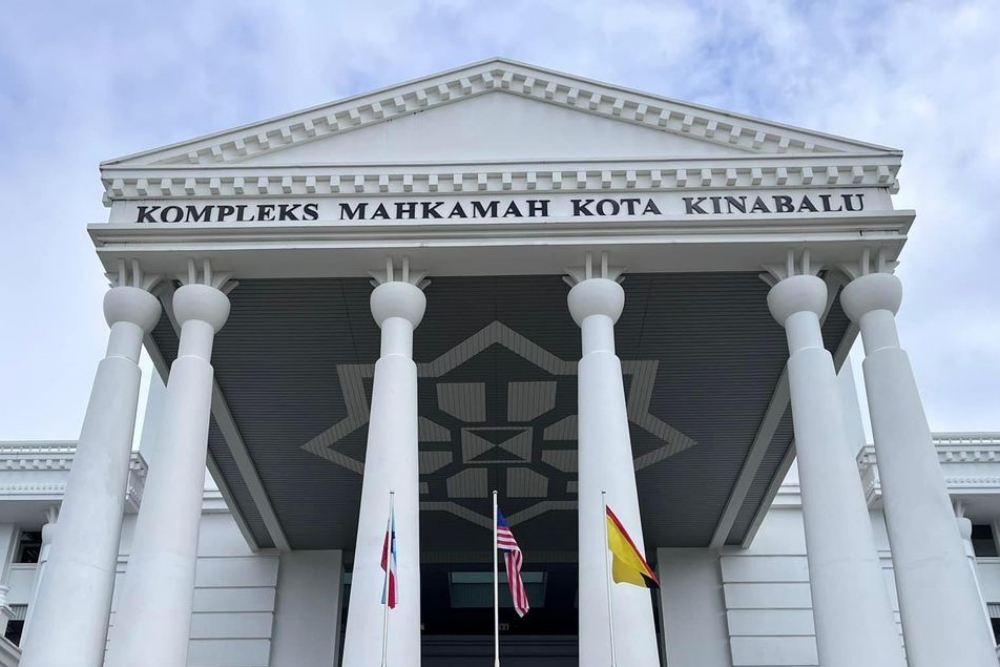ADVERTISE HERE
KUALA LUMPUR: Malaysia’s ASEAN chairmanship next year presents an excellent opportunity for advancing carbon trading and carbon credits within its member countries, said Sarawak’s Deputy Minister of Energy and Environmental Sustainability, Datuk Dr Hazland Abang Hipni.
He said that Malaysia will also host the ASEAN Summit next year and the country can leverage this event to address the carbon emissions trading system (ETS).
“At present, there is no formalised carbon trading system in the region; we operate only within a voluntary carbon market on a willing-buyer, willing-seller basis, which leads to comparatively low prices.
“The alternative compliance trading requires an ETS, which ASEAN lacks, unlike regions and countries such as Europe, Canada, the United States, Australia, New Zealand, and South Korea,“ he said when responding to participants at the Youth Economic Forum 2024 here, today.
He noted that Sarawak’s Premier has also emphasised the importance of proposing an ASEAN ETS at next year’s summit.
“Recently, our team met with the Malaysian Minister of Natural Resources, Environment and Climate Change in Kuching. If implemented, the ETS would benefit countries like Malaysia, Thailand, Indonesia, Vietnam, and Laos, which are actively pursuing nature-based solutions,“ he said.
Hazland said that Sarawak has developed a waste-to-energy (WTE) system, offering a way to produce energy and generate new revenue streams from waste.
“Sarawak has established a WTE policy, categorising waste (such as plastic and household waste) into municipal, agricultural, industrial, inert, and electronic waste.This not only creates revenue but also opens up new employment opportunities.
“The technology is straightforward, with energy generated from incineration. With the help of artificial intelligence, materials like steel, cement, and stones can be automatically separated, leaving the remaining waste to be processed into steam to turn turbines and produce electricity,“ he said.
Regarding rural economic opportunities, Hazland said that Sarawak is developing microalgae farming, particularly in rural areas, for a sustainable aviation fuel (SAF) project.
“Microalgae double every three days, creating a continuous revenue stream and supporting Malaysia’s overall oil production.
“Given the international requirement for SAF, currently set at one per cent but expected to increase to 50 per cent, the value chain from SAF production will benefit both rural communities and the broader industry,“ he added.








 English (US) ·
English (US) ·